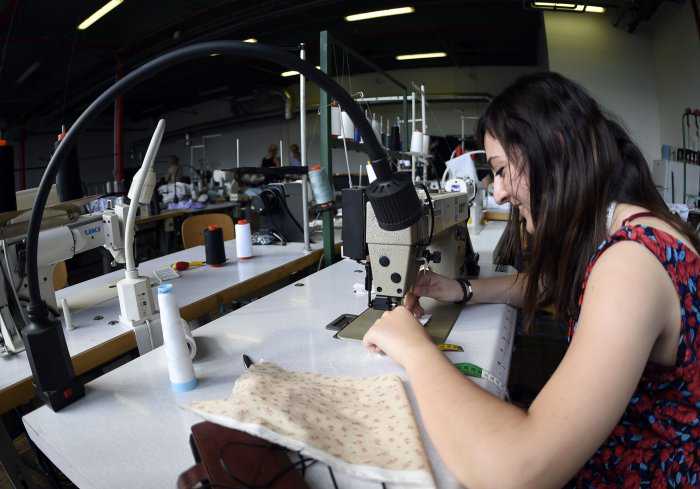Textile sector under distress

Image collected
Cheaper garments and yarn from countries like Bangladesh, Vietnam and Sri Lanka, excess spinning capacity and high cost of raw materials have led to an unprecedented crisis in the textile industry in the country.
In Tamil Nadu alone, more than 200 factories in the spinning sector have shut down since 2016 due to the aforesaid reasons besides introduction of GST and implementation of demonetization. More than one lakh people are estimated to have lost their jobs due to the closure of the factories.
The latest figures released by the government also paints a bleak picture of the industry – a 34.6 percent drop has been reported in the export of cotton value in the second quarter of 2019 (April-June).
Industrialists in Tiruppur and Coimbatore said some more companies are on the verge of closing in the coming months due to abundant stock which will not have any buyer in domestic and international markets. “Most spinning mills have cut down their production by 30 percent 3 month back. I only see production being cut further by the factories due to less demand for the yarn in the next few months. If this situation is allowed to continue, majority of the players will not be in the sector next year,” M Jayabal, President of Open-end Spinning Mills Association (OSMA), told DH.
Many industrialists opened new factories keeping in mind the Chinese market in the past decade but countries like Vietnam, Bangladesh have swarmed the Communist nation which buys maximum yarn from these countries due to cheaper rates offered by them.
Another industrialist who did not want to be named said the Indian Government should use the US-China trade standoff to its advantage by pushing its apparel exports to US markets.
“We don’t get preferential treatment or access anymore due to the import duty that they (customers) need to pay if they import from India. Because countries like Sri Lanka and Bangladesh get free access to both US and UK markets,” the industrialist said. The kintwear industry in Trippur and shipping sector have been demanding free access to major markets to compete with new players.
Source: https://www.deccanherald.com